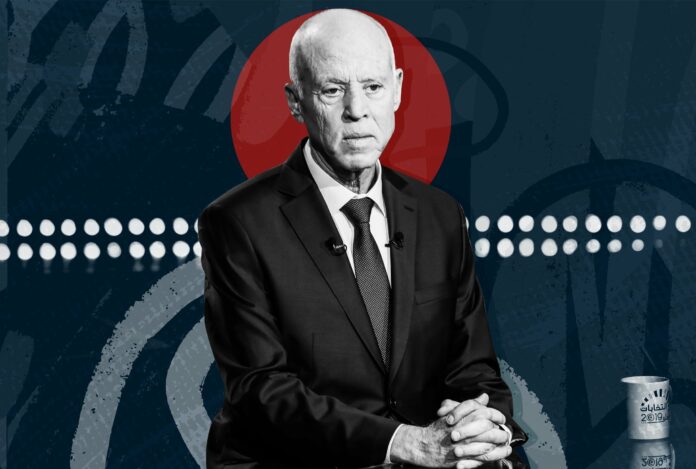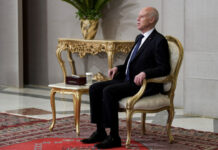What President Kais Saied has done has prompted us to question the feasibility of the existence of political parties and their role in framing societies. Saied, who does not present himself as belonging to any political party or ideology, surprised everyone with an unprecedented popularity that made him gain the trust and support of almost everyone. This is what gave him the green light to change the Tunisian political scene and turn all the equations amazingly.
The views of Kais Saied usually appear to be a protest against the traditional political parties and against the representative, parliamentary democratic system. These views soon turned into a political phenomenon that drew the attention of observers of the evolution of political systems in the world.
What is happening in Tunisia reminds us of what happened in Italy. An Italian comedian called Giuseppe Grillo founded the “Five Star Movement”. The movement was initially a protest against traditional political parties and the representative democratic system. The movement was launched for the first time on the Internet through the “blog” of its comedian founder, and he named it the “Five Star Movement” in relation to the five main goals that it defends, namely:
-
Purified water is public domain
-
Improving public transport
-
Rejection of costly and polluting projects
-
Exploitation of waste through recycling
-
Free internet.











